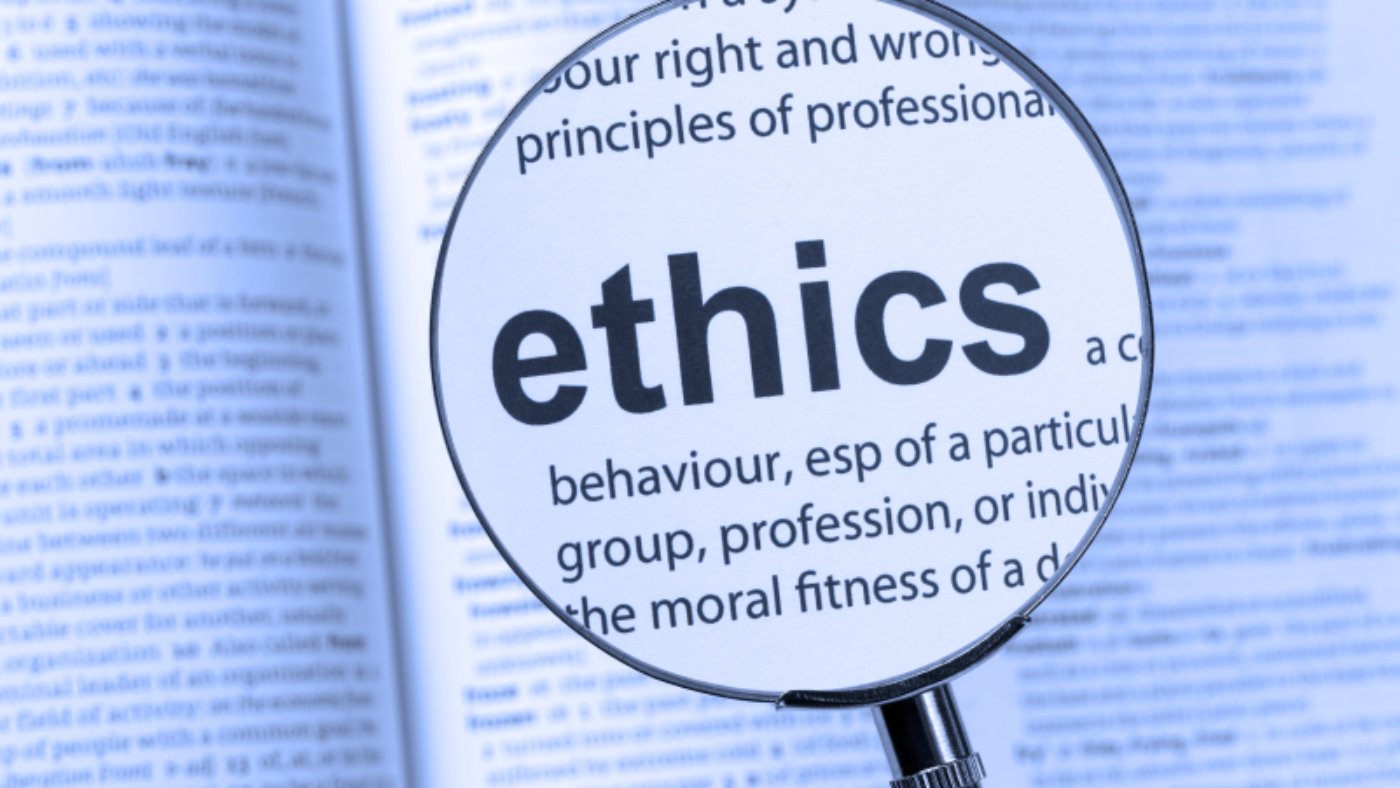Translation is not merely a mechanical process of converting words from one language to another; it is a complex and nuanced endeavor that involves navigating linguistic, cultural, and ethical considerations. As language mediators, translators carry a significant responsibility to accurately convey meaning while upholding ethical principles and respecting the rights and dignity of all parties involved. In this introduction, we will explore the multifaceted realm of translation ethics and responsibilities, delving into the ethical dilemmas translators face, the principles that guide their practice, and the importance of upholding integrity, professionalism, and cultural sensitivity in the translation profession. From ensuring confidentiality and maintaining accuracy to promoting cross-cultural understanding and advocating for ethical standards within the industry, translation ethics and responsibilities are paramount in facilitating effective communication and fostering mutual respect in our increasingly interconnected world.
Accuracy: Translators have a responsibility to convey the meaning of the source text accurately and faithfully in the target language. This includes ensuring linguistic precision, as well as capturing the intended message and tone of the original text.
Confidentiality: Translators often work with sensitive or confidential information, such as legal documents, financial reports, or personal correspondence. It is essential for translators to uphold strict confidentiality and maintain the privacy of their clients and their clients’ information.
Professionalism: Translators are professionals and should conduct themselves accordingly, adhering to professional standards of conduct and integrity. This includes meeting deadlines, communicating clearly with clients, and providing high-quality translations that meet or exceed client expectations.
Transparency: Translators should be transparent about their qualifications, experience, and any potential conflicts of interest. Clients have a right to know who is translating their documents and to have confidence in the translator’s abilities and integrity.
Ethical Dilemmas: Translators may encounter ethical dilemmas in their work, such as translating sensitive or controversial content, dealing with conflicting instructions from clients, or handling situations where the source text promotes unethical or harmful practices. In such cases, translators must carefully consider their ethical responsibilities and may need to consult with colleagues, professional associations, or ethical guidelines for guidance.
Continuous Professional Development: Translation is a dynamic field, and translators have a responsibility to stay informed about developments in language, technology, and best practices. Engaging in continuous professional development helps translators maintain and improve their skills, stay abreast of ethical considerations, and uphold the highest standards of professionalism.
Advocacy: Translators can play a role in advocating for ethical practices within the translation industry, such as fair compensation for translators, recognition of translators’ rights and contributions, and promoting diversity and inclusivity within the profession.
By adhering to ethical principles and responsibilities, translators contribute to the integrity, professionalism, and trustworthiness of the translation profession, ultimately ensuring that communication across languages and cultures is accurate, respectful, and effective.
 Cart is empty
Cart is empty 
Leave A Comment